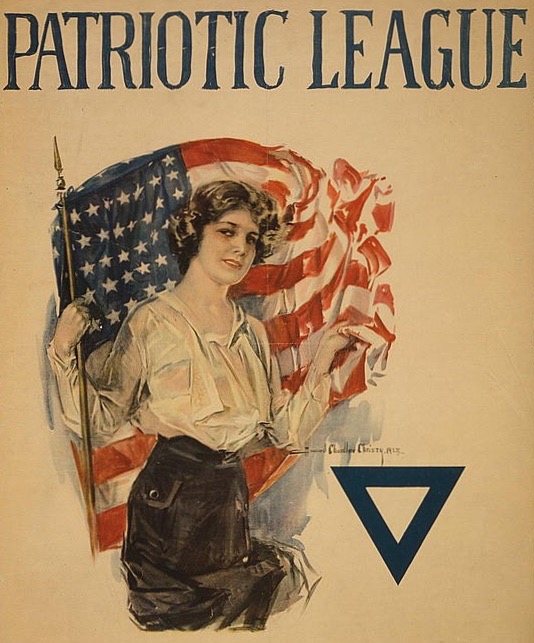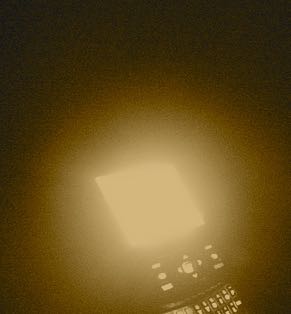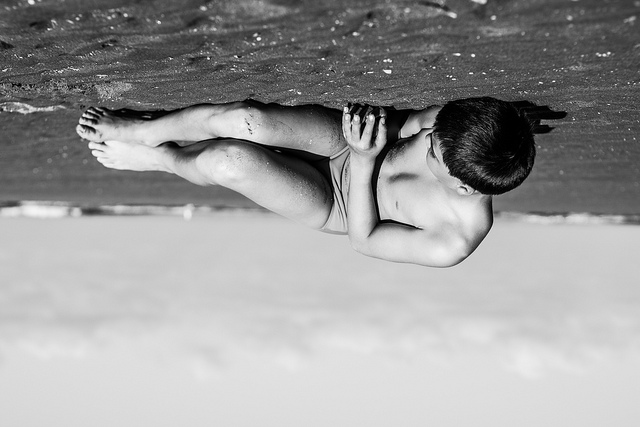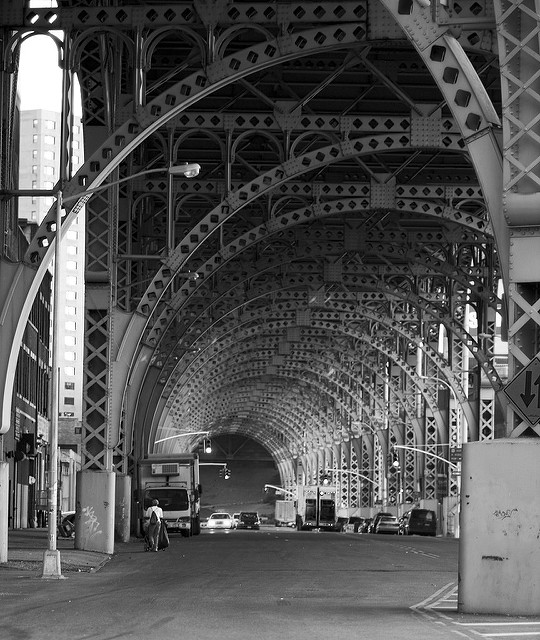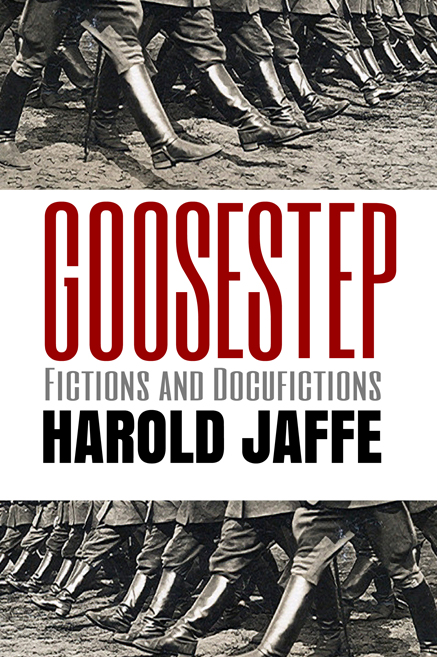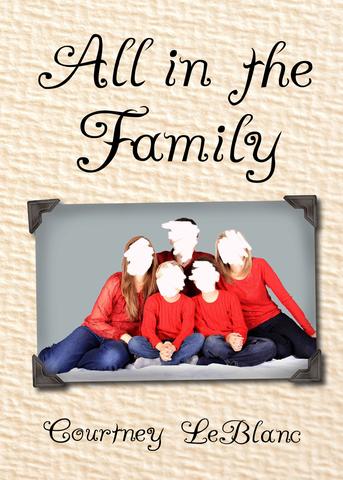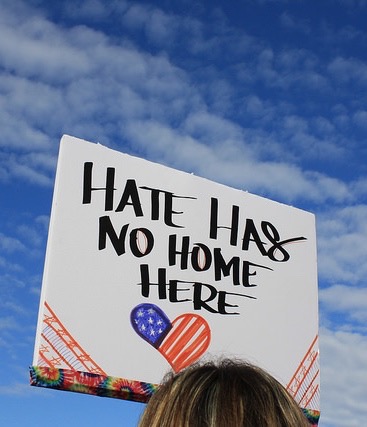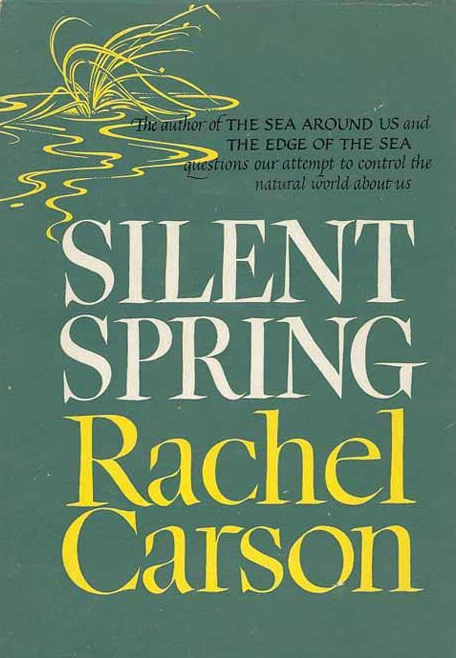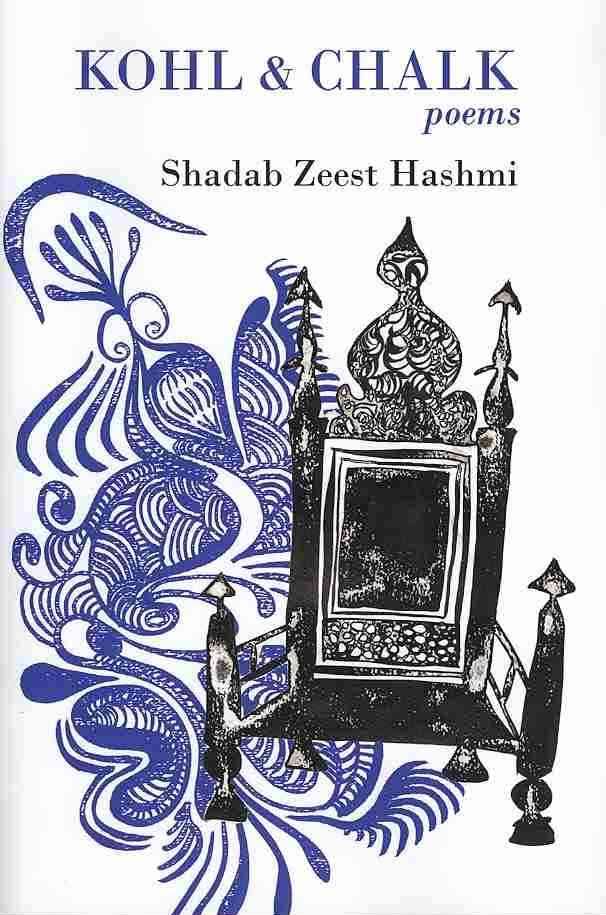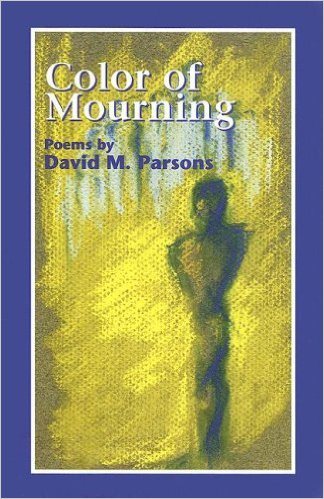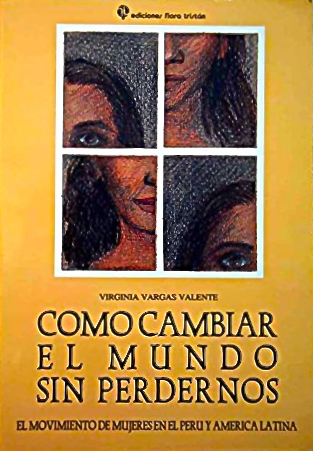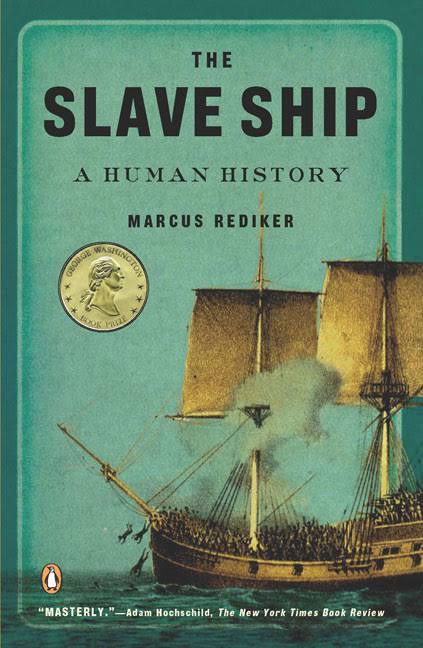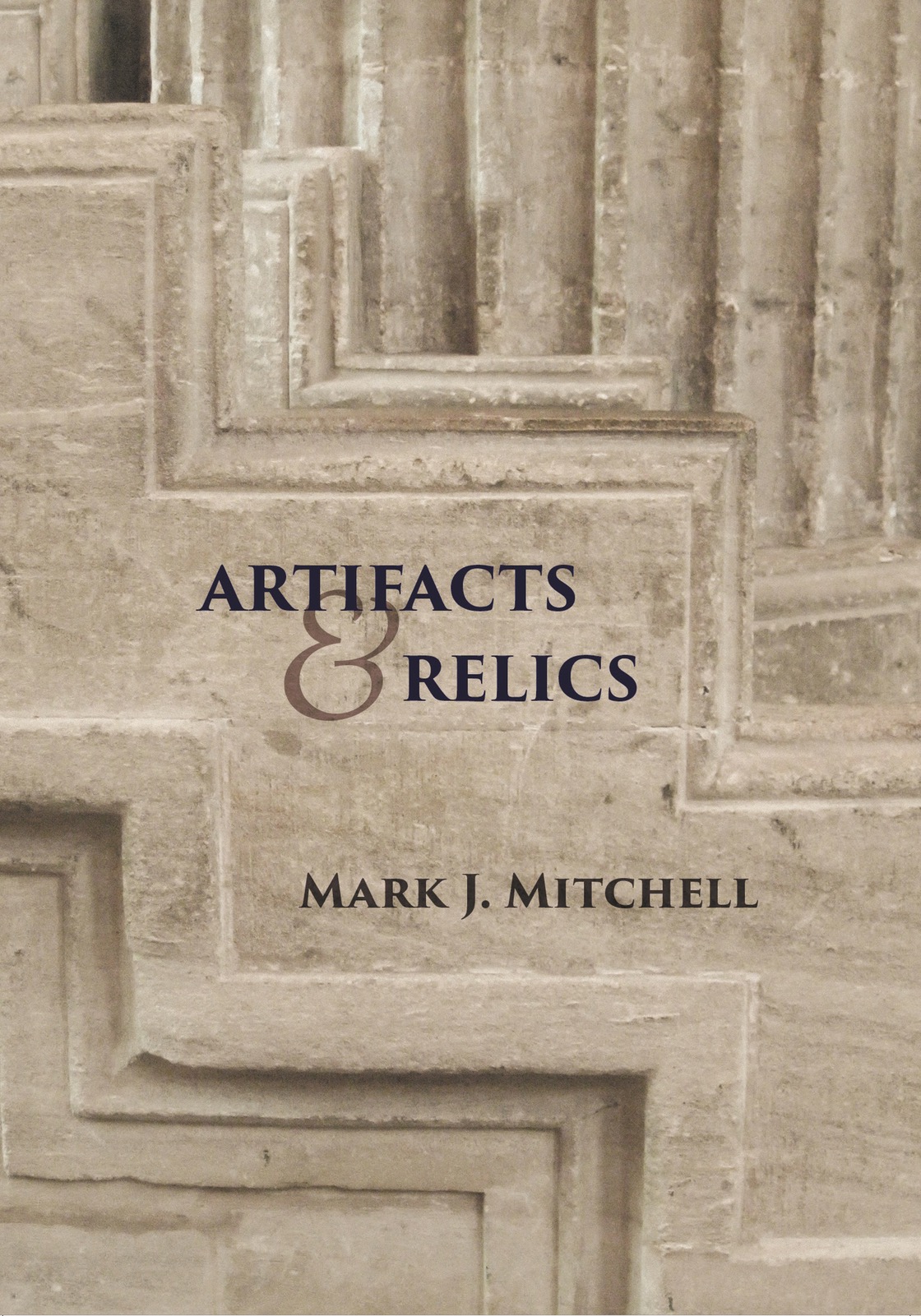Resiste / Resist, a poem and translation by Mariana Llanos
[fusion_builder_container hundred_percent=”no” equal_height_columns=”no” hide_on_mobile=”small-visibility,medium-visibility,large-visibility” background_position=”center center” background_repeat=”no-repeat” fade=”no” background_parallax=”none” enable_mobile=”no” parallax_speed=”0.3″ video_aspect_ratio=”16:9″ video_loop=”yes” video_mute=”yes” overlay_opacity=”0.5″ border_style=”solid” padding_top=”20px” padding_bottom=”20px” admin_toggled=”no”][fusion_builder_row][fusion_builder_column type=”1_2″ layout=”1_2″ spacing=”” center_content=”no” hover_type=”none” link=”” min_height=”” hide_on_mobile=”small-visibility,medium-visibility,large-visibility” class=”” id=”” background_color=”” background_image=”” background_position=”left top” background_repeat=”no-repeat” border_size=”0″ border_color=”” border_style=”solid” border_position=”all” padding=”” dimension_margin=”” animation_type=”” animation_direction=”left” animation_speed=”0.3″ animation_offset=”” last=”no”][fusion_title hide_on_mobile=”small-visibility,medium-visibility,large-visibility” size=”1″ content_align=”left” style_type=”default”]
Resiste
[/fusion_title][fusion_text]
Resiste, hermana, resiste.
Levanta el puño y resiste.
Resiste, hermana, resiste.
Sube la voz y resiste.
Resiste, hermana, resiste.
Eleva la frente y resiste.
Resiste, hermana, resiste.
Hincha el pecho y resiste.
Resiste, hermana, resiste.
Planta los pies y resiste.
Resiste hermana, resiste.
Entrelaza los brazos y resiste.
Resiste, hermana, resiste
Avanza tu cuerpo y resiste.
Resiste, hermana, resiste.
Con puño, con voz, con frente, con pecho,
Con brazos, con pies, con todo tu cuerpo,
resiste.
Resiste hermana, resiste,
Aunque corra tu sangre
Aunque tiemblen tus huesos
Aunque sangre tu alma.
¡Resiste!
Hasta tu último aliento
Hasta tu último paso
Hasta tu último beso.
Hasta que tu sudor se mezcle en el agua.
Hasta que tu puño brille en el cielo.
Hasta que tu grito se oiga en el viento.
Resiste, hermana, ¡resiste!
[/fusion_text][/fusion_builder_column][fusion_builder_column type=”1_2″ layout=”1_2″ spacing=”” center_content=”no” hover_type=”none” link=”” min_height=”” hide_on_mobile=”small-visibility,medium-visibility,large-visibility” class=”” id=”” background_color=”” background_image=”” background_position=”left top” background_repeat=”no-repeat” border_size=”0″ border_color=”” border_style=”solid” border_position=”all” padding=”” dimension_margin=”” animation_type=”” animation_direction=”left” animation_speed=”0.3″ animation_offset=”” last=”no”][fusion_title hide_on_mobile=”small-visibility,medium-visibility,large-visibility” size=”1″ content_align=”left” style_type=”default”]
Resist
[/fusion_title][fusion_text]
Resist, sister, resist.
Thrust your fist in the air and resist.
Resist, sister, resist.
Raise your voice and resist.
Resist, sister, resist.
Lift your forehead and resist.
Resist, sister, resist.
Bloat your chest and resist.
Resist, sister, resist.
Stomp your feet and resist.
Resist, sister, resist.
Intertwine your arms and resist.
Resist, sister, resist.
Push forward your body and resist.
Resist, sister, resist
With fist, with voice, with forehead, with chest,
with feet, with arms, with all your body,
resist.
Resist, sister, resist.
Even if your blood runs,
Even if your bones tremble,
Even if your soul bleeds.
¡Resist!
Till your last breath,
Till your last step,
Till your last kiss.
Until your sweat blends with the water,
Until your fist shines in the sky,
Until your scream is heard in the wind.
Resist, sister, ¡Resist!
[/fusion_text][/fusion_builder_column][/fusion_builder_row][/fusion_builder_container][fusion_builder_container hundred_percent=”no” equal_height_columns=”no” hide_on_mobile=”small-visibility,medium-visibility,large-visibility” background_position=”center center” background_repeat=”no-repeat” fade=”no” background_parallax=”none” enable_mobile=”no” parallax_speed=”0.3″ video_aspect_ratio=”16:9″ video_loop=”yes” video_mute=”yes” overlay_opacity=”0.5″ border_style=”solid” padding_top=”20px” padding_bottom=”20px”][fusion_builder_row][fusion_builder_column type=”1_1″ layout=”1_1″ spacing=”” center_content=”no” hover_type=”none” link=”” min_height=”” hide_on_mobile=”small-visibility,medium-visibility,large-visibility” class=”” id=”” background_color=”” background_image=”” background_position=”left top” background_repeat=”no-repeat” border_size=”0″ border_color=”” border_style=”solid” border_position=”all” padding=”” dimension_margin=”” animation_type=”” animation_direction=”left” animation_speed=”0.3″ animation_offset=”” last=”no”][fusion_text]
Mariana Llanos is a Peruvian writer, author of seven award-winning children’s books in English and in Spanish. Her first book, Tristan Wolf, was published in 2013. Her newest book, Poesía Alada (poetry in Spanish for young people) will be available in April 2017. She studied Drama in her native Lima. After moving to Oklahoma, she worked as a preschool teacher, standing out for her creativity and passion for arts education. Mariana visits schools around the world through virtual technology to encourage students to read and to spark their love for writing, while building bridges of understanding. Visit her website at www.marianallanos.com.
Reading recommendation: Como Cambiar el Mundo Sin Perdernos /How to Change the World Without Losing Ourselves by Virginia Vargas (1992).
[/fusion_text][/fusion_builder_column][/fusion_builder_row][/fusion_builder_container]


